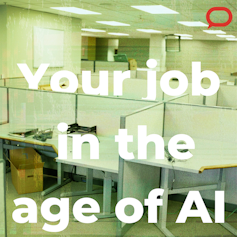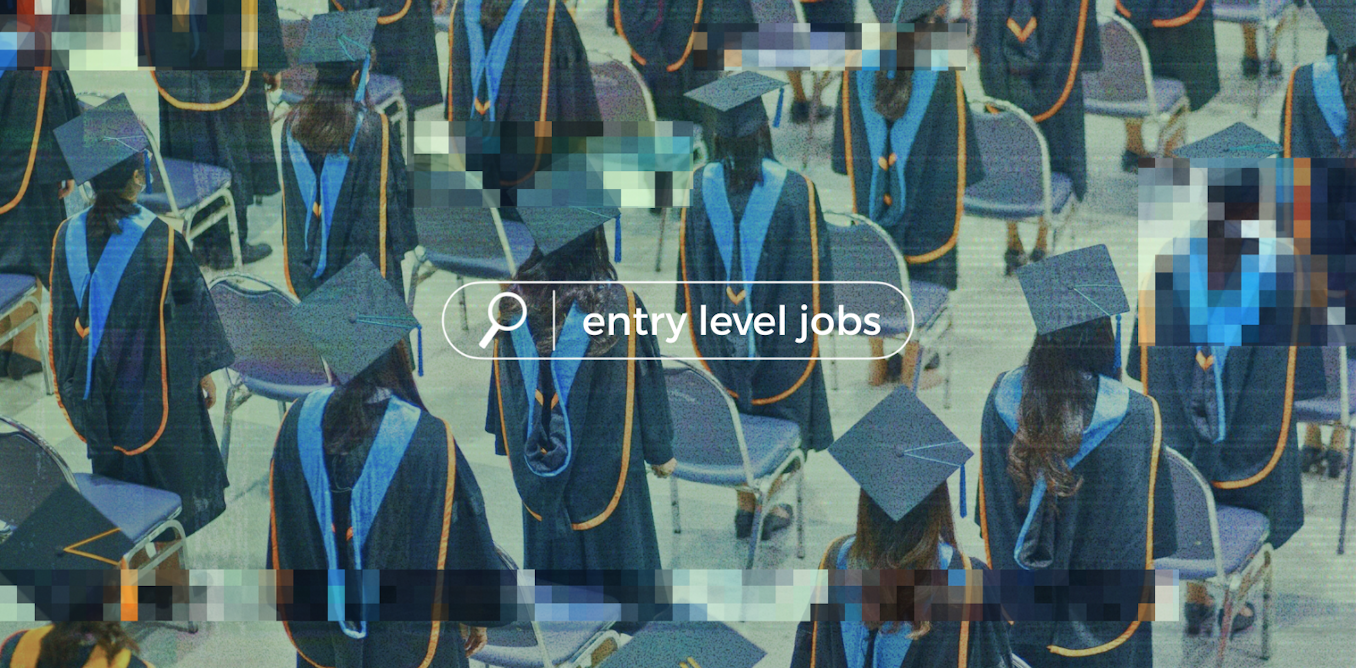The AI Revolution in the Job Market
Once, a university degree was seen as a guaranteed path to high-paying jobs and social mobility. Today, artificial intelligence (AI) is reshaping the labor market, leaving university students and recent graduates facing unprecedented uncertainty. The big question: How do you choose a career when the jobs of the future are still undefined?
The Impact on Entry-Level Jobs
Dario Amodei, CEO of AI company Anthropic, predicts that AI could eliminate half of all entry-level white-collar jobs within five years. While the extent of this disruption is still debated, the potential for significant change is undeniable. Traditional entry-level roles—like data entry, routine report writing, and basic analysis—are particularly vulnerable to AI automation.

Automation vs. Augmentation
AI's impact can be categorized into two types:
- Automation AI: Replaces jobs, particularly in low-skilled roles.
- Augmentation AI: Enhances productivity in high-skilled roles, potentially increasing wages and creating new opportunities.
A recent study suggests that automation AI could widen wage inequality, while augmentation AI could benefit higher-skilled workers.
Preparing for an AI-Driven Future
To navigate this shifting landscape, students, educators, and policymakers must take proactive steps:
- Focus on skills that are hard to automate: Empathy, creativity, and complex critical thinking are key.
- Explore growing industries: Healthcare, education, creative arts, renewable energy, and construction are less vulnerable to AI disruption.
- Invest in on-the-job training: Internships and industry-linked projects can bridge the gap between theory and practice.
The Role of Education and Policy
Educational institutions must prioritize AI-informed learning and career learning as core outcomes. Policymakers should ensure equal access to technology and promote ethical and social discussions about AI in classrooms.
Key Takeaways
- AI is transforming the job market, with entry-level roles at the highest risk.
- Automation and augmentation AI will have differing impacts on low- and high-skilled jobs.
- Empathy, creativity, and critical thinking are skills that AI cannot easily replicate.
- Internships and industry projects are crucial for preparing students for an AI-driven world.
- Education and policy must adapt to ensure equitable access to opportunities.






/origin-imgresizer.tntsports.io/2025/08/12/image-ad2214fb-06a0-45ef-8e57-cdc42be74a5f-85-2560-1440.jpeg)

Comments
Join Our Community
Sign up to share your thoughts, engage with others, and become part of our growing community.
No comments yet
Be the first to share your thoughts and start the conversation!